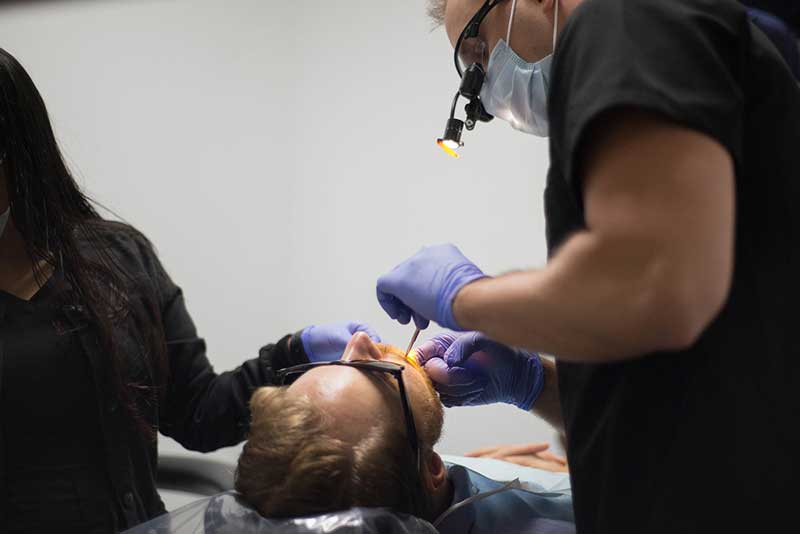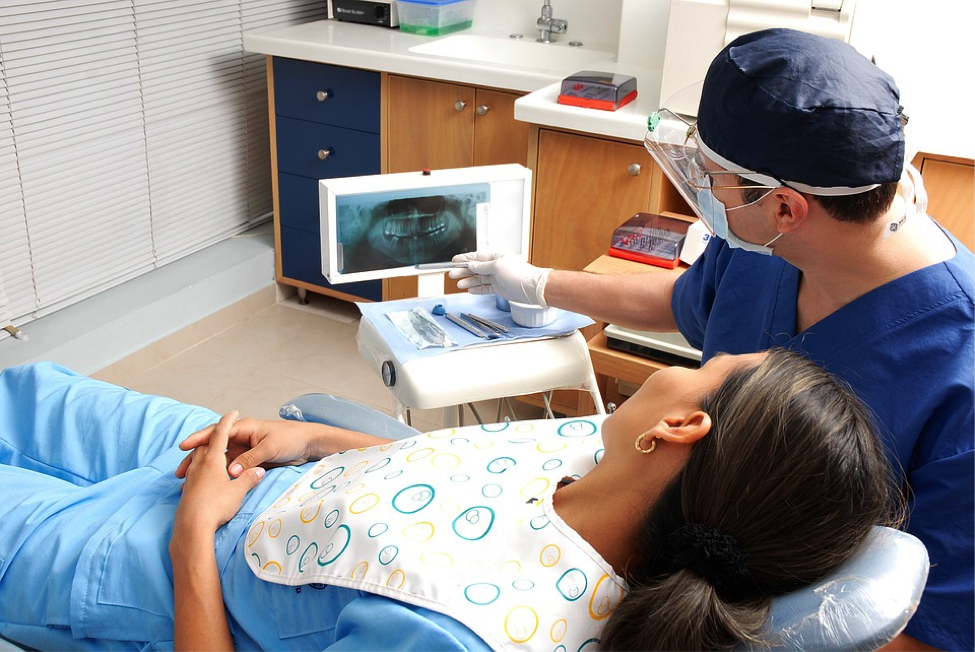If you have gone through a wisdom tooth removal, then the question how long is wisdom teeth removal recovery?' definitely comes into your mind. Well, in short, it depends from person to person, but what you can do to speed up that process is to take care of your diet and follow the tips given in this article, so read this article till the end to go through it step by step.
Understanding wisdom teeth removal recovery
The recuperation time following wisdom tooth removal varies from person to person. The majority of people typically require one to two weeks to begin feeling better. However, some people might recover more quickly, while others can take a little longer.
First Few Days
You can feel uncomfortable and swollen in the first several days following surgery. This is entirely typical. It's crucial to take your time when your body heals. The greatest options during this time are soft foods like yogurt, mashed potatoes, and soup.
Pain and Discomfort
Following wisdom tooth removal, pain and discomfort are frequent. To assist you in managing the discomfort, the dentist office near me in Houston is likely to prescribe painkillers. Do not forget to take them as directed and refrain from doing anything that can make the pain worse.

Bleeding
Following the extraction, some bleeding is typical. Bite down lightly on a piece of gauze that your dentist has provided to stop the bleeding. Adjust it as necessary. Contact your dentist if bleeding persists for more than 24 hours.
Avoid Certain Activities
It's crucial to refrain from vigorous activities, smoking, and drinking through straws in the early stages of recuperation. These behaviors may complicate and impede the healing process and may extend the answer to the question 'How Long is Wisdom Teeth Recovery?'.
Taking Care of Incision Sites:
Day 1–3:
It's very important to be gentle with your mouth throughout the first three days to prevent irritating the incision sites. What you ought to do is:
- No Rinsing
Spitting or strong rinsing should be avoided since they can disturb blood clots and slow down the healing process.
- Soft Diet
Limit yourself to mashed bananas, pudding, and applesauce. Avoid eating anything hard or crunchy that could irritate the wound areas.
- Medication
Follow your dentist's instructions while using any prescription medication. This will aid with pain management and lower the chance of infection.
- Ice Packs
To minimize swelling, place ice packs on your cheeks for 20 minutes at a time.
Day 4 - 7:
You can start taking greater care of your incision sites as you enter the second stage of recovery:
- Gentle Rinsing
You can begin gently washing your mouth with warm saltwater after the third day. This encourages healing and keeps the region clean.
- Maintain a soft diet
Continue consuming soft meals to prevent further aggravation of the incision areas.

- No Drinking or Smoking
To avoid difficulties, it's critical to remain abstaining from both activities.
After One Week:
You can gradually reintroduce regular dental hygiene routines after the first week, but proceed with caution:
- Resume Brushing
You can resume gently cleaning your teeth, but for the first few days, avoid the surgery region.
- Gradual Return to Regular Diet
As your comfort level allows, gradually reintroduce solid foods into your diet. Make sure they are chewable and supple.
- Follow-Up Appointment
Keep the time set aside for your follow-up visit with your dentist. They will evaluate how well you are recuperating and offer more advice.
Conclusion
In conclusion, recuperation time following wisdom tooth removal varies from person to person but usually lasts one to two weeks. During this time, it's essential to take care of the incision sites to avoid infection as well as promote healing. In the early stages of recovery, follow the advice of Emergency Dentistry Near Me in Houston, like sticking to a soft diet and being gentle with your mouth. You'll quickly feel your best again if you have patience.
Comments